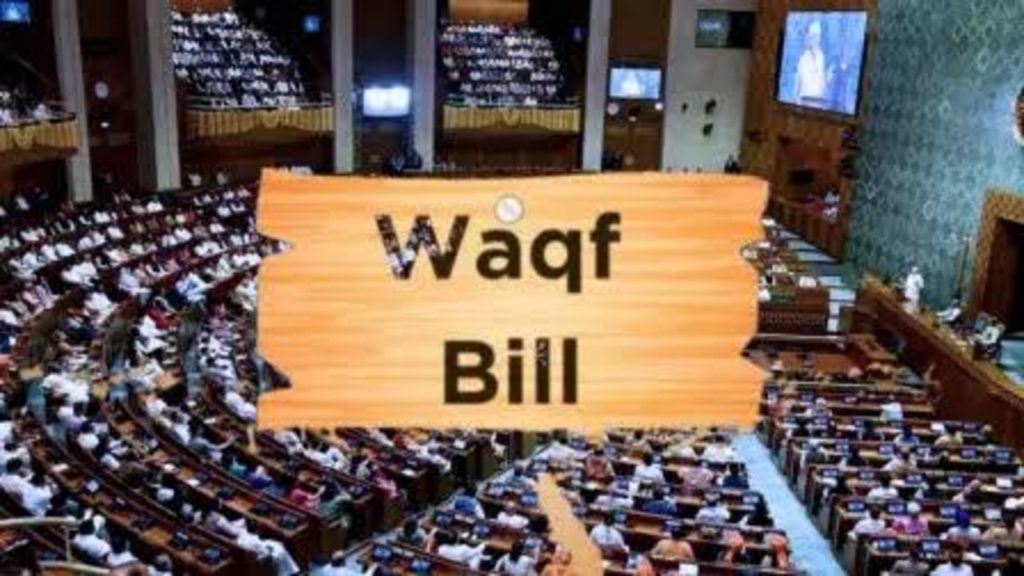Recently, the Indian Parliament passed the Waqf Amendment Act, sparking widespread discussion and controversy. The government claims that the amendment will make the management of Waqf properties more transparent and accountable. However, opponents argue that it is an attempt to curtail the rights of minorities. Various Muslim organizations and religious institutions have strongly opposed this law.
Waqf and Key Provisions of the Amendment
Waqf refers to Islamic charitable endowments used for specific welfare purposes. In India, thousands of acres of land are under the Waqf Board, serving mosques, madrasas, dargahs, and other religious institutions.
The new amendment introduces the following changes:
- Reduced Powers of the Waqf Board: Government oversight on board decisions has been increased.
- Easier Transfer of Waqf Properties: Provisions have been made to allow Waqf lands to be used for government projects and developmental activities.
- Mandatory Re-registration of Properties: All Waqf properties must undergo re-registration, increasing government control.
Government’s Justification
The government asserts that the Waqf Board has long been plagued by corruption and mismanagement. Many Waqf properties have been illegally occupied, and due to a lack of proper administration, the intended beneficiaries are being deprived. According to the government, the amendment will ensure transparency and accountability.
The official stance is that the law will protect Waqf properties and support the actual development of the Muslim community.
Concerns of the Opposition
However, opposition parties and Muslim organizations strongly oppose the law. Their concerns include:
- Interference in Minority Religious Properties: They see this as an attempt to bring Muslim religious properties under state control.
- Fear of Commercial and Developmental Exploitation: Waqf properties could be handed over to private entities under the guise of development projects.
- Bureaucratic Complexity with Re-registration: The new law will make administrative processes more cumbersome and create additional obstacles for the common people.
- Discriminatory Approach Towards Minorities: Critics argue that similar rules are not being imposed on other religious properties.
Possibility of Judicial Intervention
The Waqf Amendment Act may also face legal challenges. Several organizations are preparing to approach the courts. Experts suggest that the amendment might contradict Articles 25 and 26 of the Indian Constitution, which guarantee religious freedom and the right to manage religious institutions.
Public Reaction Among Indian Muslims
The Muslim community has shown mixed reactions to the law. Some believe that certain provisions could help bring transparency to the Waqf Board’s functioning. However, a large section perceives it as an attempt to diminish the rights of the Muslim community.
Political Implications and Future Outlook
The law could significantly impact Indian politics. With upcoming elections, opposition parties might use it as a key issue. In states like West Bengal, Kerala, Uttar Pradesh, and Bihar—where the Muslim population is substantial—this law could influence voting patterns.
The Waqf Amendment Act in India is being viewed both as an effort to increase transparency and as a move that could weaken minority rights. Its real impact will be understood only after implementation, but for now, the debate and backlash continue to grow.

